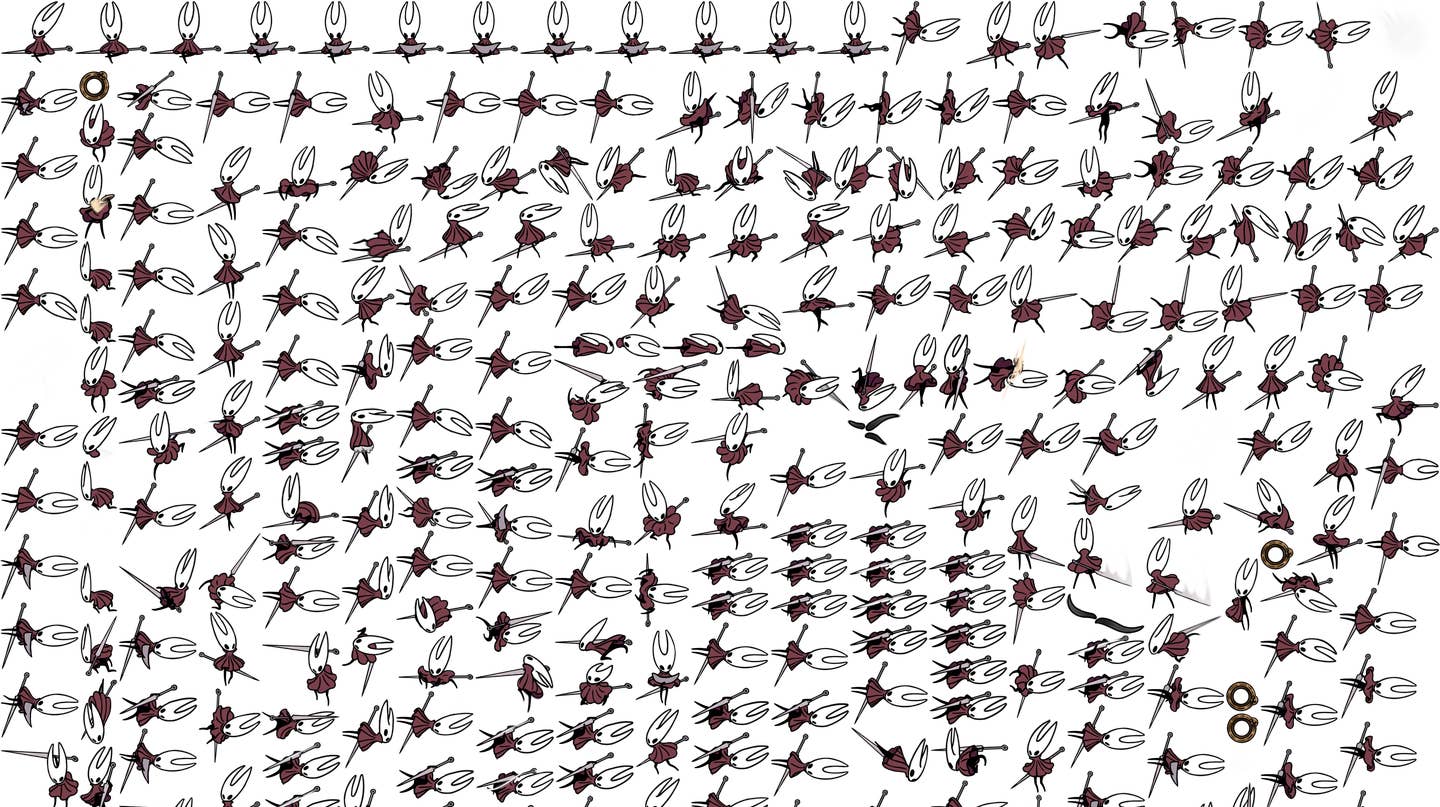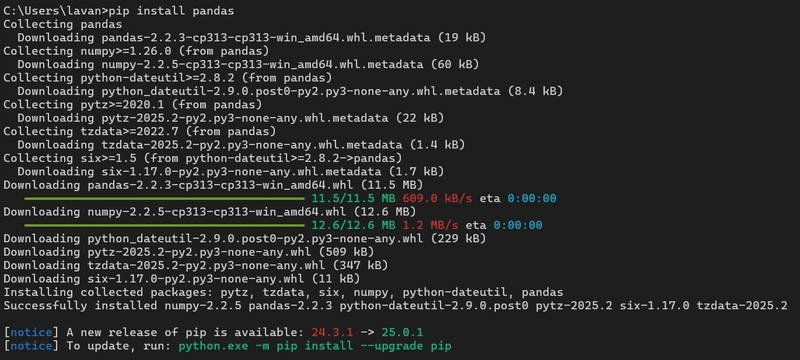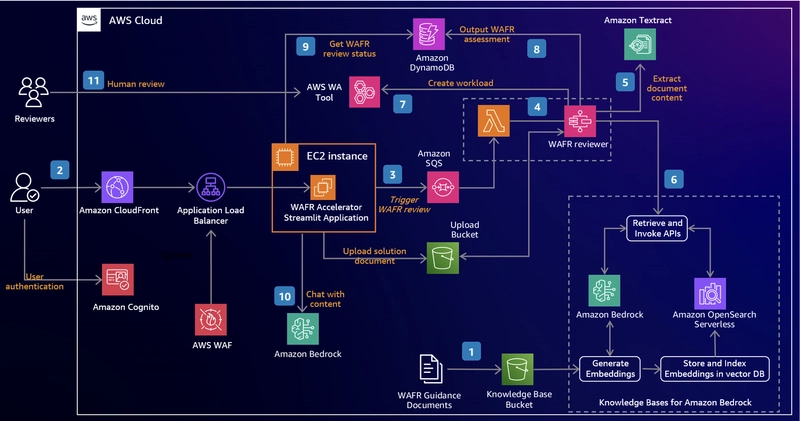The Rise of Quantum Computing and Its Future Applications
Discovering the Magic of Quantum Computing Imagine a computer so smart it can solve puzzles faster than you can blink! That’s what quantum computing is—a new kind of computer magic that’s changing the world. Unlike the computers we use for games or homework, quantum computers use the strange and exciting rules of quantum physics, the science of tiny things like atoms. These computers don’t just work faster; they think in a whole new way! In this blog, we’ll explore what makes quantum computing special, how it’s already helping people, and what it might do in the future. Get ready for a fun adventure into a world where computers act like superheroes, solving problems that seem impossible! What Is Quantum Computing? Let’s start with the basics. A regular computer, like the one you use at school, works with bits. A bit is like a tiny switch that can be either 0 or 1. Everything your computer does—playing games, browsing the internet, or typing—comes from combining lots of 0s and 1s. But quantum computers use something called qubits instead of bits. Qubits are super cool because they can be 0, 1, or both at the same time! This is thanks to a quantum physics trick called superposition. Imagine spinning a coin in the air—it’s not just heads or tails, but a bit of both until it lands. Qubits work the same way, letting quantum computers try many solutions at once. Another quantum trick is entanglement. When qubits get entangled, they act like best friends who share a special connection, even if they’re far apart. If you change one qubit, the other changes too, instantly! This makes quantum computers super fast at solving certain problems. Because of these tricks, quantum computers can tackle tasks that regular computers struggle with, like cracking secret codes or designing new medicines. But they’re not here to replace your laptop—they’re more like special helpers for really tough jobs. How Quantum Computing Works To understand quantum computing, let’s think of a maze. A regular computer would try every path in the maze one by one to find the exit, which takes a long time. A quantum computer, thanks to qubits and superposition, can try all the paths at once! This makes it much faster for some problems. Quantum computers need special care, though. Qubits are very sensitive and can stop working if there’s even a tiny bit of heat, noise, or movement. That’s why quantum computers are kept in super-cold rooms, colder than outer space, at temperatures close to -273°C! They also need powerful software to control them, which is where smart people, like app builders in London, come in. Here’s a quick story about how tech experts help quantum computing. In London, a team of app builders in London created a special app to help scientists control a quantum computer from far away. This app lets researchers test their ideas without needing to be in the same room as the super-cold machine. These app builders didn’t build the quantum computer itself, but their software made it easier for scientists to use it, helping quantum technology grow faster. This shows how teamwork in tech, from app builders to quantum experts, is pushing the future forward! (Word count for anecdote: 110) Why Quantum Computing Is Exciting Quantum computing is exciting because it can solve problems that are too hard for regular computers. Here are a few examples: Finding New Medicines: Scientists use quantum computers to study tiny molecules, like the ones in your body. This helps them create new medicines faster. For example, a quantum computer can figure out how a molecule will act in your body, saving years of lab work. Keeping Secrets Safe: Quantum computers can crack codes that protect things like bank accounts or secret messages. But don’t worry—they can also create new, super-strong codes that are almost impossible to break! Helping the Planet: Quantum computers can help design better batteries for electric cars or find ways to use less energy in factories. This means a cleaner, greener world for everyone. Exploring Space: Space is full of mysteries, like how stars form or what’s inside black holes. Quantum computers can solve math problems about space that regular computers can’t, helping us learn more about the universe. These are just a few ways quantum computing can make life better. It’s like giving scientists a superpower to solve big problems! Recent Breakthroughs in Quantum Computing Quantum computing is still new, but scientists are making amazing discoveries every year. Here are some recent breakthroughs explained in simple words: More Qubits: In 2023, a company called IBM built a quantum computer with over 400 qubits. More qubits mean the computer can solve harder problems. Scientists hope to build computers with thousands of qubits soon! Better Control: Quantum computers used to make lots of mistakes because qubits are so sensitive. But in 2024, researchers found ways to fix these mistakes, making quantum computers more reliab

Discovering the Magic of Quantum Computing
Imagine a computer so smart it can solve puzzles faster than you can blink! That’s what quantum computing is—a new kind of computer magic that’s changing the world. Unlike the computers we use for games or homework, quantum computers use the strange and exciting rules of quantum physics, the science of tiny things like atoms. These computers don’t just work faster; they think in a whole new way! In this blog, we’ll explore what makes quantum computing special, how it’s already helping people, and what it might do in the future. Get ready for a fun adventure into a world where computers act like superheroes, solving problems that seem impossible!
What Is Quantum Computing?
Let’s start with the basics. A regular computer, like the one you use at school, works with bits. A bit is like a tiny switch that can be either 0 or 1. Everything your computer does—playing games, browsing the internet, or typing—comes from combining lots of 0s and 1s. But quantum computers use something called qubits instead of bits.
Qubits are super cool because they can be 0, 1, or both at the same time! This is thanks to a quantum physics trick called superposition. Imagine spinning a coin in the air—it’s not just heads or tails, but a bit of both until it lands. Qubits work the same way, letting quantum computers try many solutions at once.
Another quantum trick is entanglement. When qubits get entangled, they act like best friends who share a special connection, even if they’re far apart. If you change one qubit, the other changes too, instantly! This makes quantum computers super fast at solving certain problems.
Because of these tricks, quantum computers can tackle tasks that regular computers struggle with, like cracking secret codes or designing new medicines. But they’re not here to replace your laptop—they’re more like special helpers for really tough jobs.
How Quantum Computing Works
To understand quantum computing, let’s think of a maze. A regular computer would try every path in the maze one by one to find the exit, which takes a long time. A quantum computer, thanks to qubits and superposition, can try all the paths at once! This makes it much faster for some problems.
Quantum computers need special care, though. Qubits are very sensitive and can stop working if there’s even a tiny bit of heat, noise, or movement. That’s why quantum computers are kept in super-cold rooms, colder than outer space, at temperatures close to -273°C! They also need powerful software to control them, which is where smart people, like app builders in London, come in.
Here’s a quick story about how tech experts help quantum computing. In London, a team of app builders in London created a special app to help scientists control a quantum computer from far away. This app lets researchers test their ideas without needing to be in the same room as the super-cold machine. These app builders didn’t build the quantum computer itself, but their software made it easier for scientists to use it, helping quantum technology grow faster. This shows how teamwork in tech, from app builders to quantum experts, is pushing the future forward! (Word count for anecdote: 110)
Why Quantum Computing Is Exciting
Quantum computing is exciting because it can solve problems that are too hard for regular computers. Here are a few examples:
Finding New Medicines: Scientists use quantum computers to study tiny molecules, like the ones in your body. This helps them create new medicines faster. For example, a quantum computer can figure out how a molecule will act in your body, saving years of lab work.
Keeping Secrets Safe: Quantum computers can crack codes that protect things like bank accounts or secret messages. But don’t worry—they can also create new, super-strong codes that are almost impossible to break!
Helping the Planet: Quantum computers can help design better batteries for electric cars or find ways to use less energy in factories. This means a cleaner, greener world for everyone.
Exploring Space: Space is full of mysteries, like how stars form or what’s inside black holes. Quantum computers can solve math problems about space that regular computers can’t, helping us learn more about the universe.
These are just a few ways quantum computing can make life better. It’s like giving scientists a superpower to solve big problems!
Recent Breakthroughs in Quantum Computing
Quantum computing is still new, but scientists are making amazing discoveries every year. Here are some recent breakthroughs explained in simple words:
More Qubits: In 2023, a company called IBM built a quantum computer with over 400 qubits. More qubits mean the computer can solve harder problems. Scientists hope to build computers with thousands of qubits soon!
Better Control: Quantum computers used to make lots of mistakes because qubits are so sensitive. But in 2024, researchers found ways to fix these mistakes, making quantum computers more reliable.
Cloud Quantum Computing: Now, anyone can try quantum computing using the internet! Companies like Google and Microsoft let people use their quantum computers online, so students and scientists can experiment without owning a quantum computer.
Real-World Tests: In 2025, a team used a quantum computer to design a new type of battery that charges faster. This could make electric cars even better!
These breakthroughs show that quantum computing is growing fast. It’s not just a dream anymore—it’s starting to change the world!
Future Applications of Quantum Computing
What will quantum computing do in the next 10 or 20 years? Let’s dream big and explore some possibilities:
Super Smart Robots: Quantum computers could make robots and artificial intelligence (AI) much smarter. Imagine a robot that can understand your questions as well as a human or even help doctors during surgeries!
Faster Internet: Quantum computing could lead to a new kind of internet called the quantum internet. This would be super fast and super secure, so nobody could spy on your messages.
Solving Climate Change: Quantum computers could help scientists figure out how to capture carbon dioxide from the air or create new materials that don’t harm the environment. This could slow down global warming.
Personalized Medicine: In the future, quantum computers might look at your DNA and design medicines just for you. This means medicines that work better and have fewer side effects.
Space Travel: Quantum computers could help design spaceships that use less fuel or find the best paths to faraway planets. Maybe one day, they’ll help humans visit Mars!
These ideas might sound like science fiction, but quantum computing is making them possible. The future is full of exciting surprises!
Challenges of Quantum Computing
Even superheroes have weaknesses, and quantum computing has some challenges. Here are a few:
It’s Expensive: Building a quantum computer costs millions of dollars because they need special materials and super-cold rooms.
It’s Complicated: Quantum computers are hard to build and even harder to program. Scientists need years of training to use them.
Not for Everything: Quantum computers are great for some problems, like cracking codes, but they’re not good for simple tasks like browsing the internet or playing games. Regular computers are still better for those.
Keeping Qubits Stable: Qubits stop working if there’s even a tiny bit of noise or heat. Scientists are working hard to make qubits stronger.
Despite these challenges, scientists are finding solutions every day. With more research, quantum computers will become easier to use and more helpful.
How You Can Learn About Quantum Computing
Quantum computing might sound like something only grown-up scientists understand, but anyone can learn about it! Here are some fun ways to start:
Watch Videos: Look for simple videos on YouTube about quantum computing. Search for “quantum computing for kids” to find ones that are easy to understand.
Play Games: Some websites have games that teach you about qubits and quantum physics. Try searching for “quantum computing games” online.
Read Books: Ask your librarian for books about quantum physics or computers. Look for ones written for kids—they’re full of fun pictures and stories!
Ask Questions: If you know someone who likes science, ask them about quantum computing. They might tell you something cool!
Try Coding: Learning to code can help you understand how computers work. Websites like Scratch or Code.org have free coding lessons for kids.
By starting small, you can learn about quantum computing and maybe even become a quantum scientist one day!
Fun Facts About Quantum Computing
Let’s end this section with some cool facts to impress your friends:
A quantum computer with just 300 qubits could do more calculations at once than there are stars in the universe!
The first quantum computer was built in 1998, but it could only solve tiny problems.
Quantum computers don’t look like regular computers—they’re big machines with lots of tubes and wires, kept in super-cold fridges!
Some scientists think quantum computers could one day help us talk to aliens by solving space mysteries.
Quantum computing is full of surprises, and there’s so much more to discover!
The Bright Future of Quantum Computing
Quantum computing is like a magic key that’s unlocking new possibilities for the world. From creating life-saving medicines to exploring distant stars, these super-smart computers are helping us solve problems we never thought we could. Even though they’re still new and have some challenges, scientists are working hard to make them better every day. We’ve learned how qubits use quantum tricks like superposition and entanglement, how quantum computers are already making a difference, and how they might shape the future. Plus, we saw how teamwork, like the work of app builders in London, helps quantum technology grow!
The best part? You don’t have to be a grown-up to care about quantum computing. By watching videos, playing games, or just being curious, you can start exploring this exciting world today. Who knows? Maybe one day, you’ll help build a quantum computer or use one to solve a big problem. Keep dreaming big, and let quantum computing inspire you to make the future awesome!




















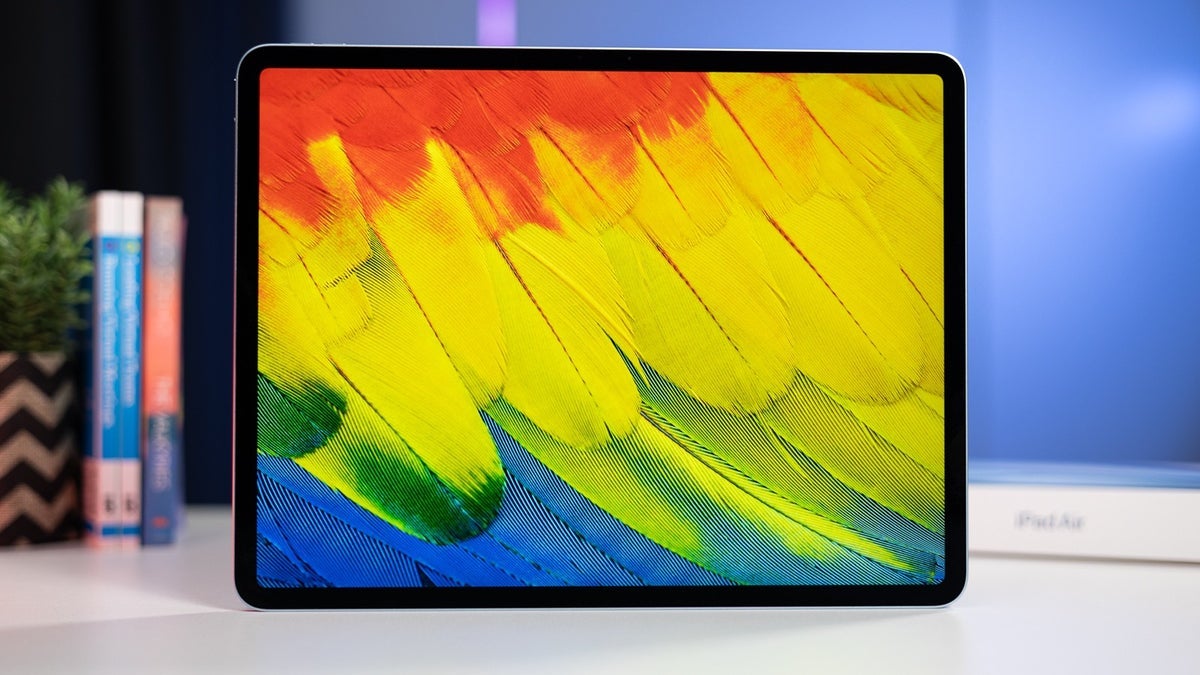







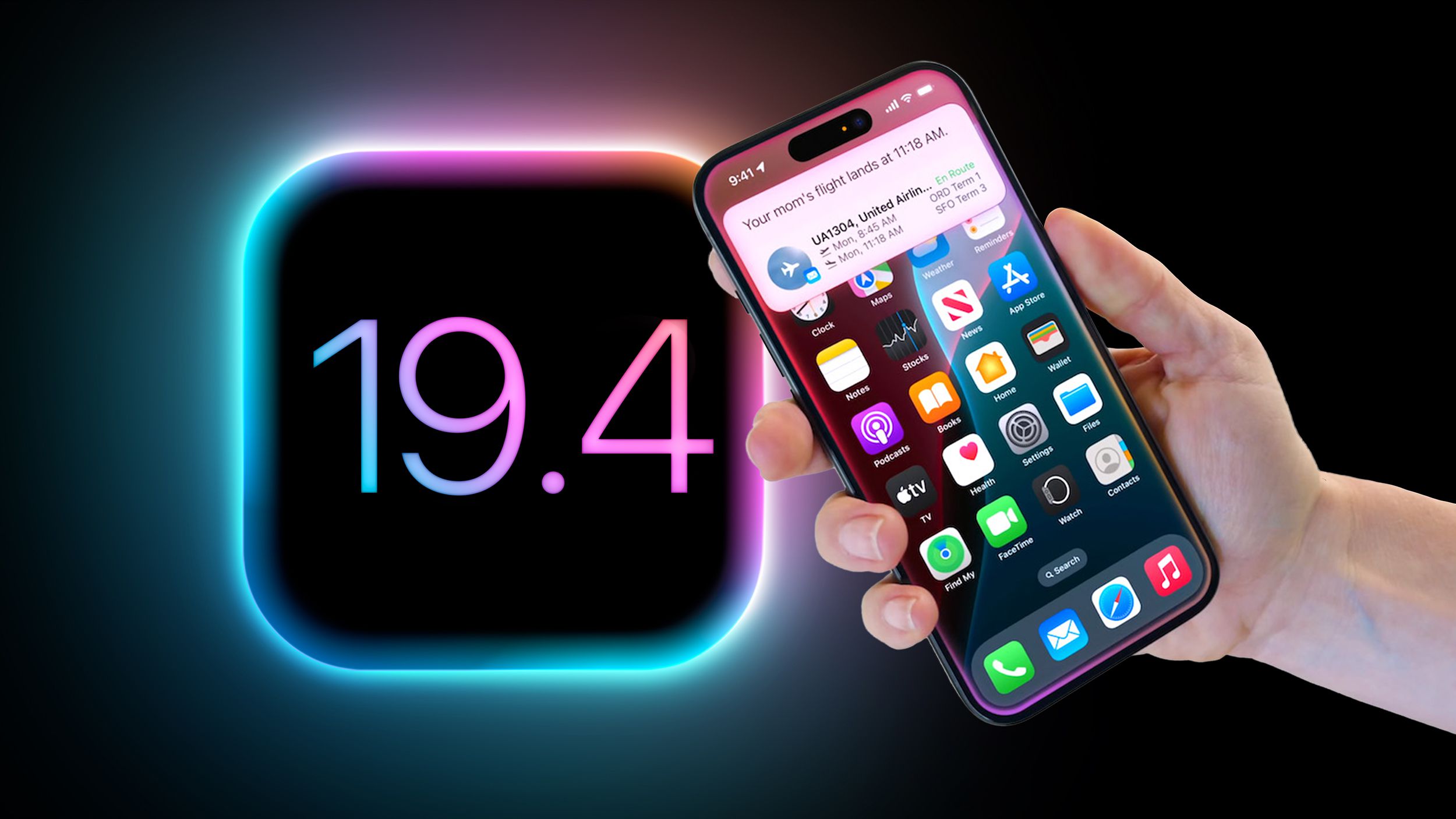


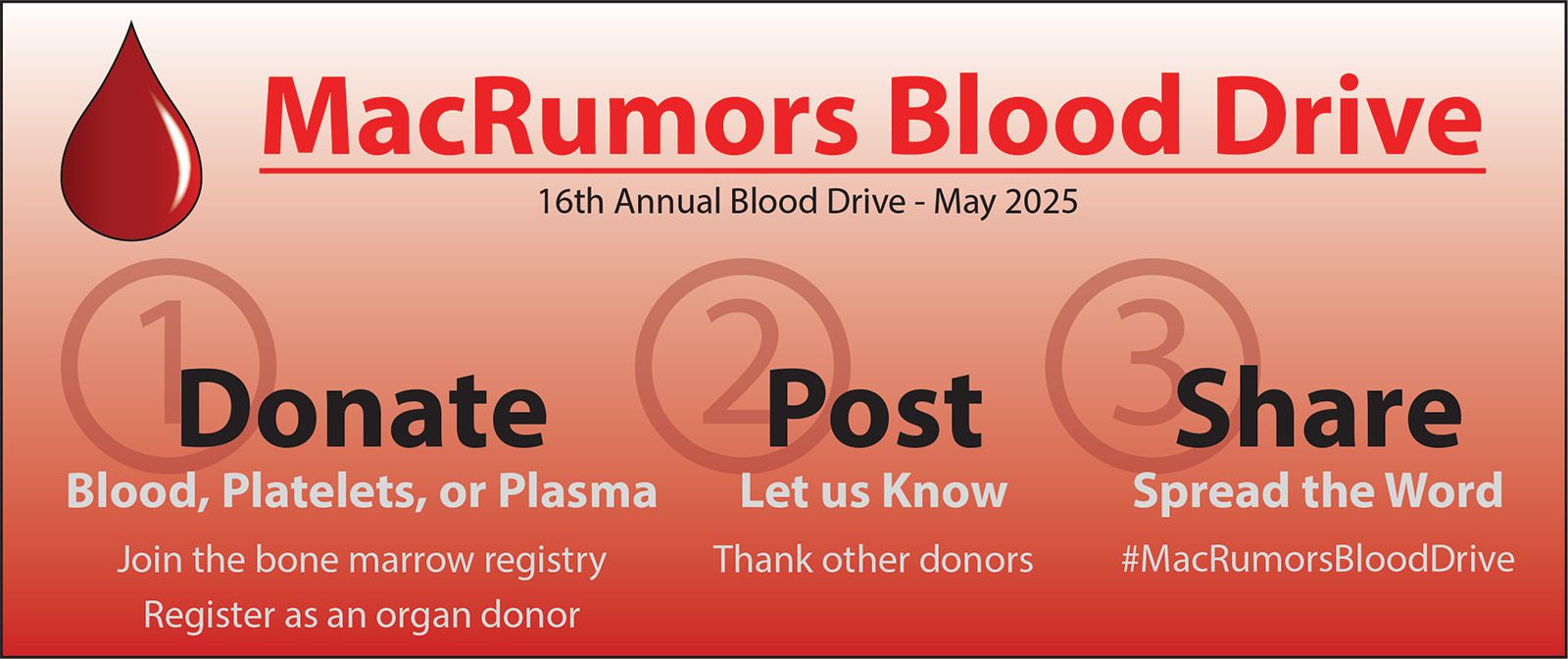
















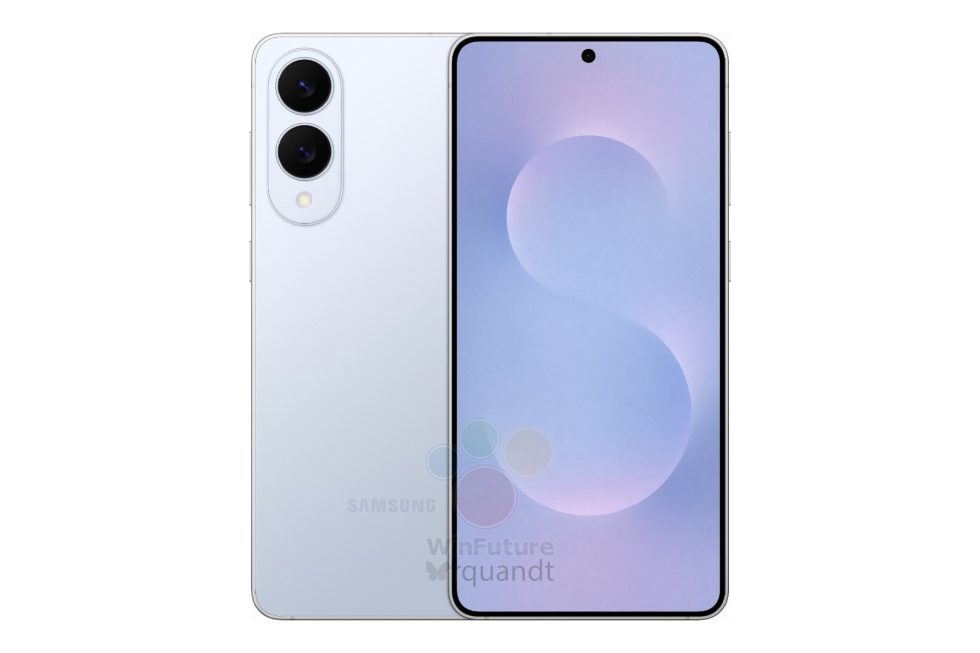


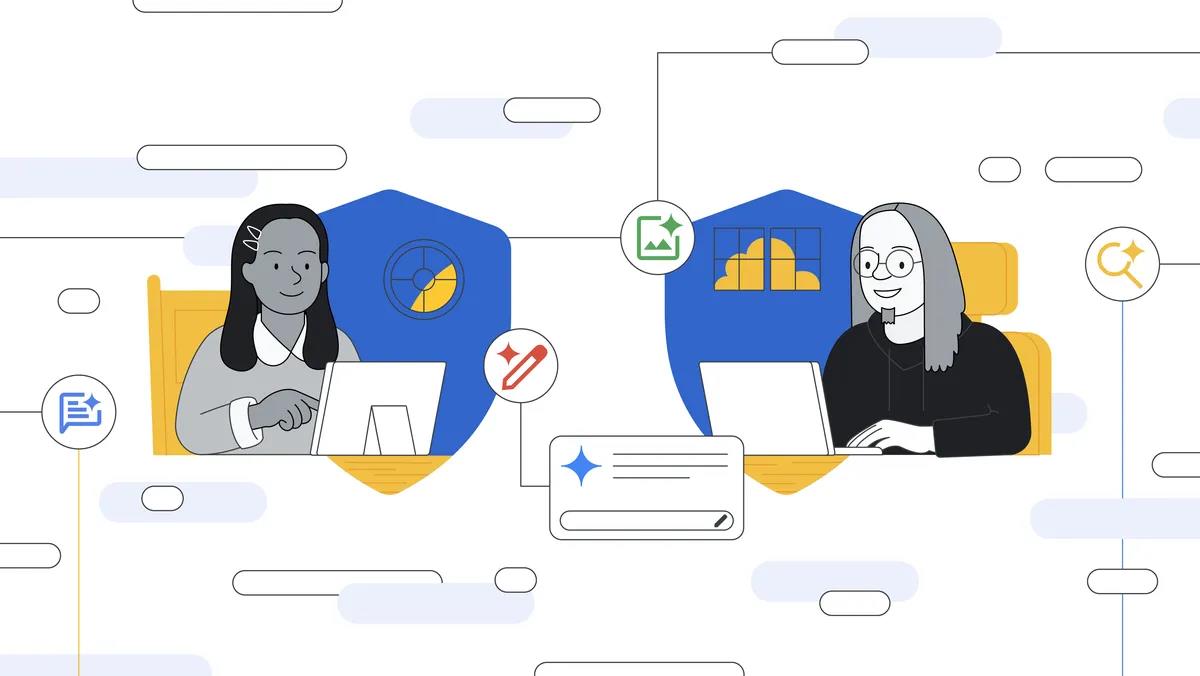
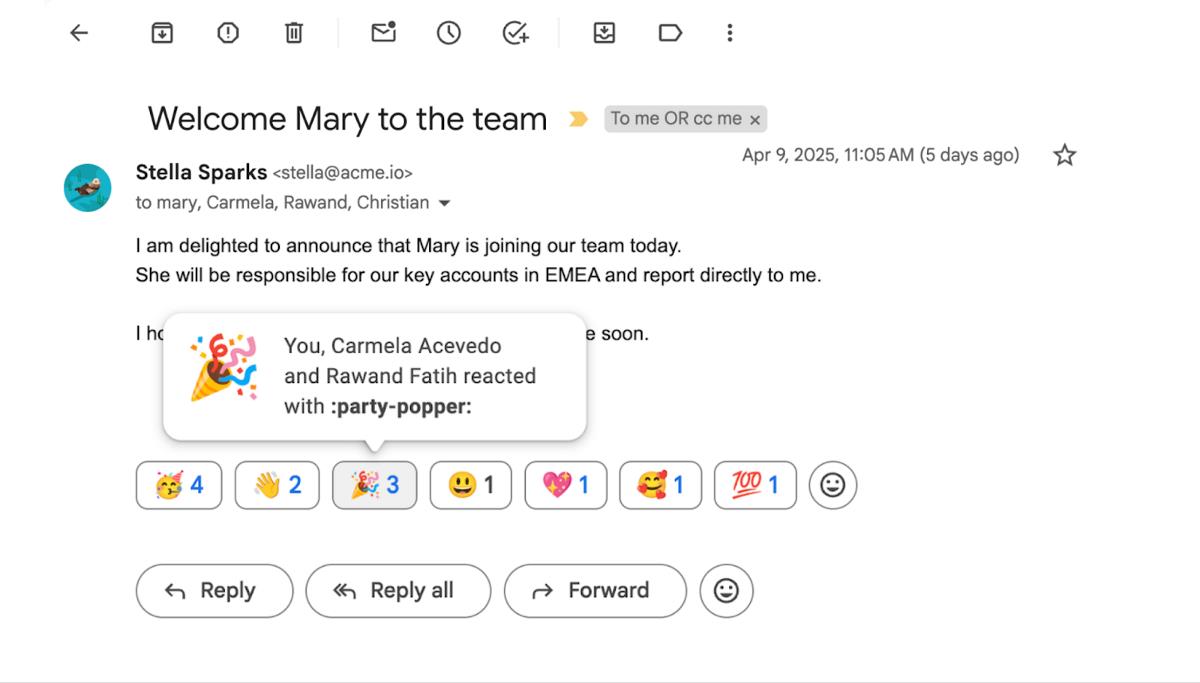








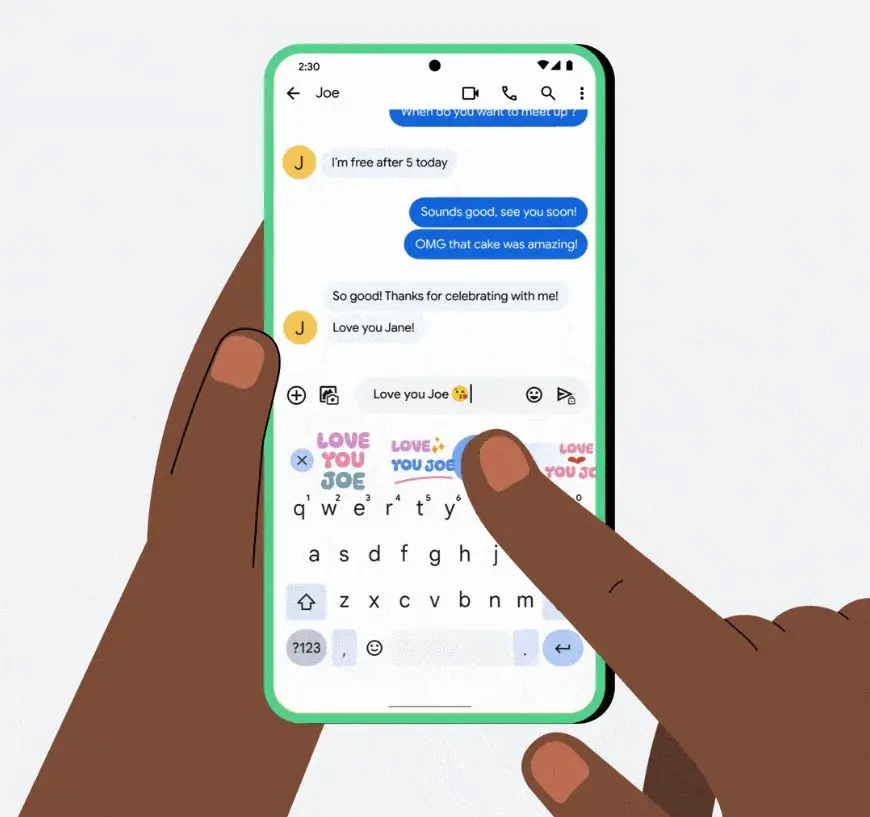













![Apple Ships 55 Million iPhones, Claims Second Place in Q1 2025 Smartphone Market [Report]](https://www.iclarified.com/images/news/97185/97185/97185-640.jpg)





















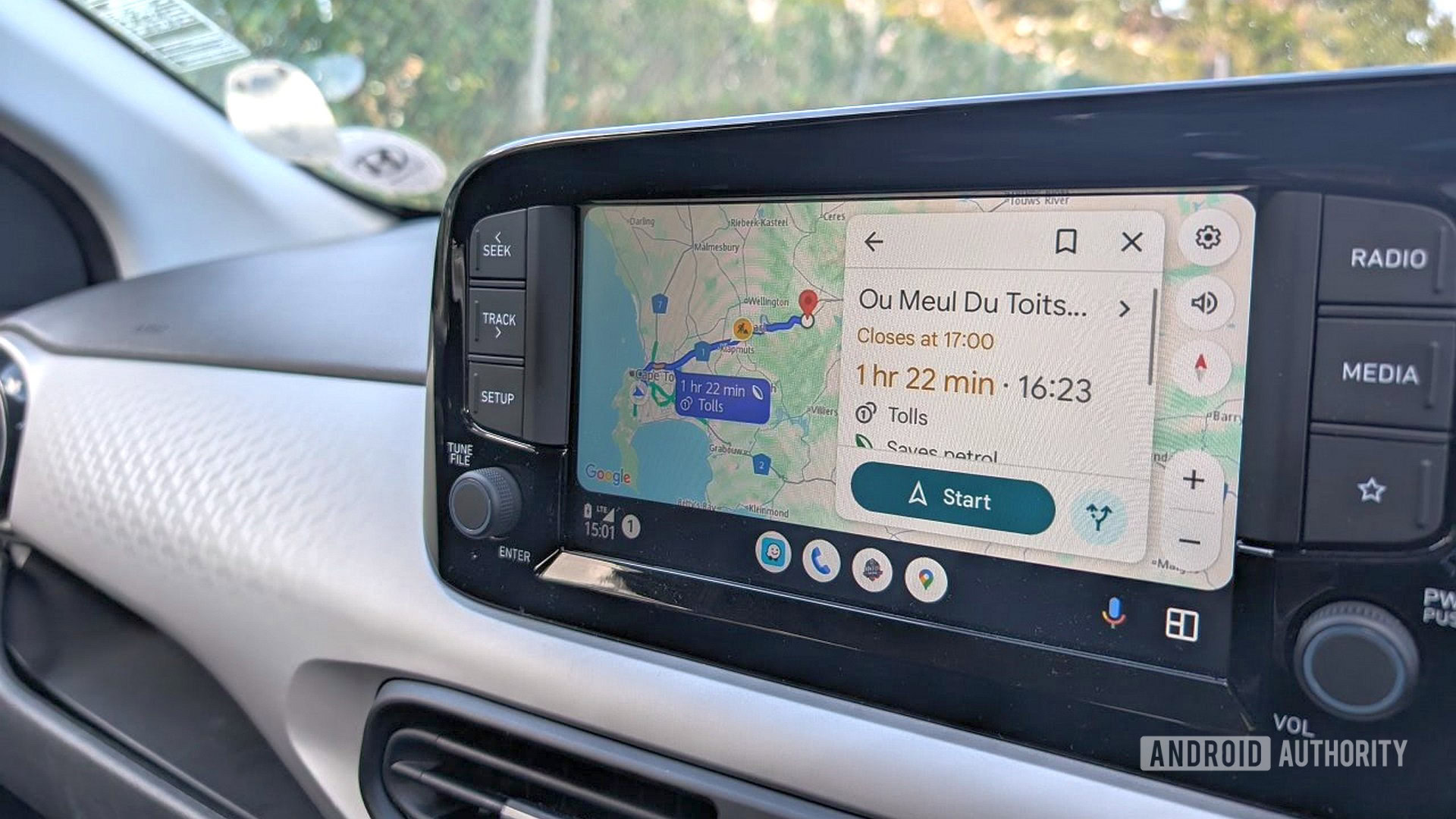







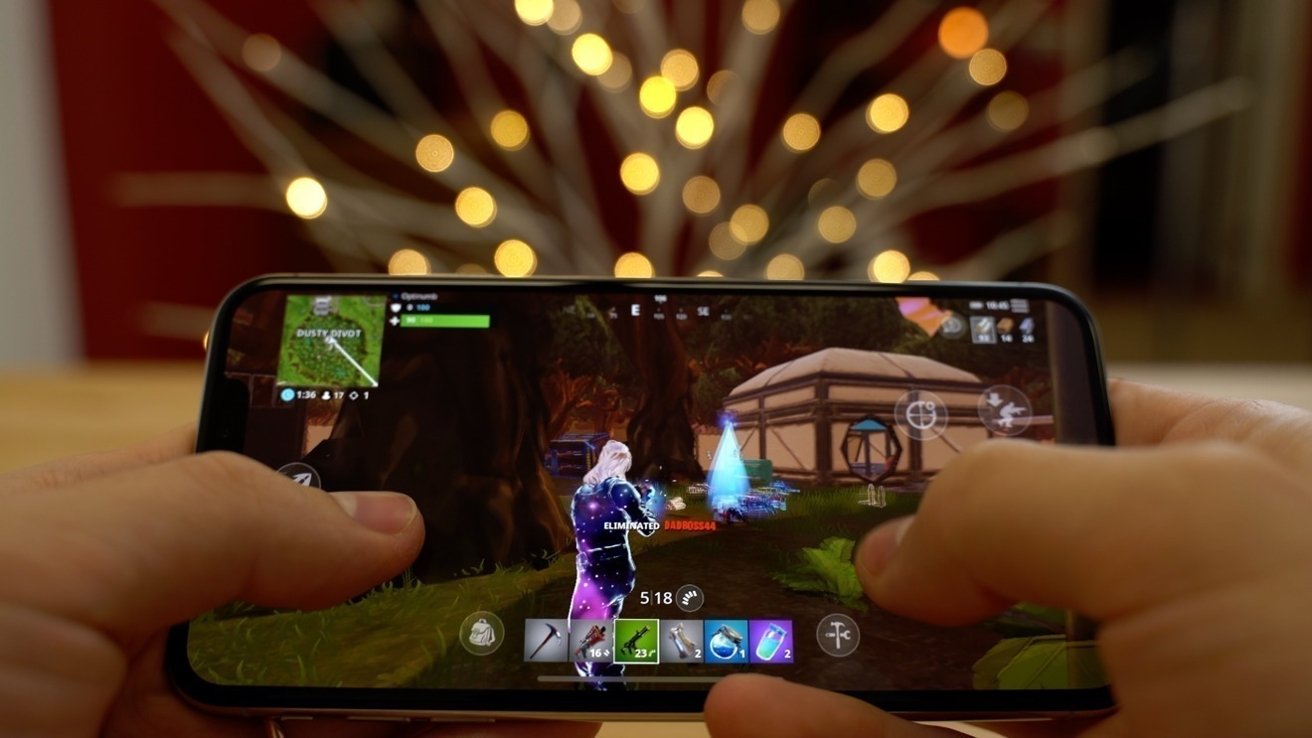



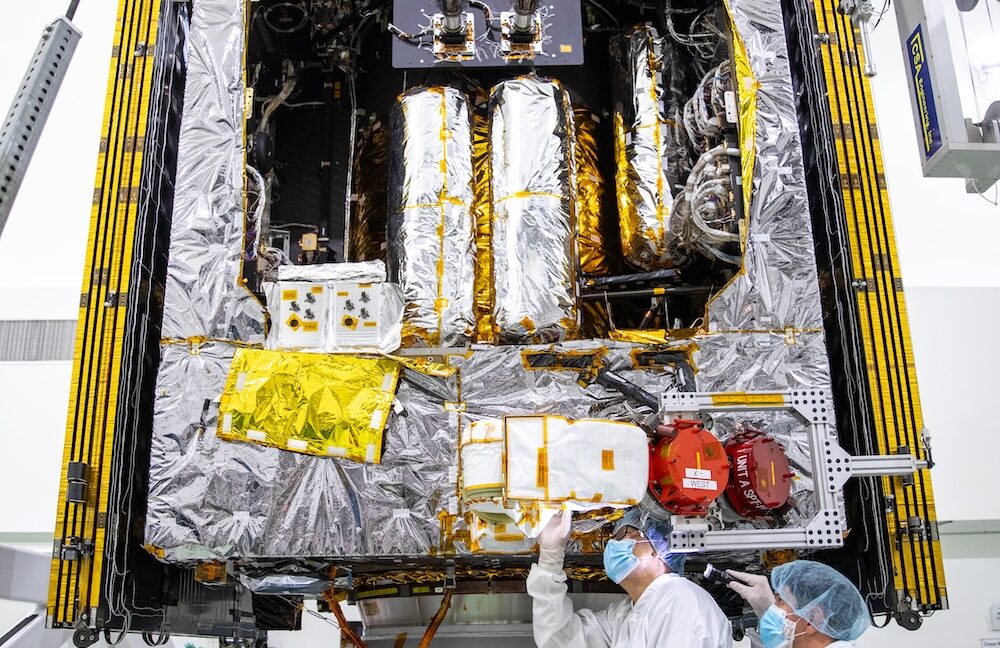
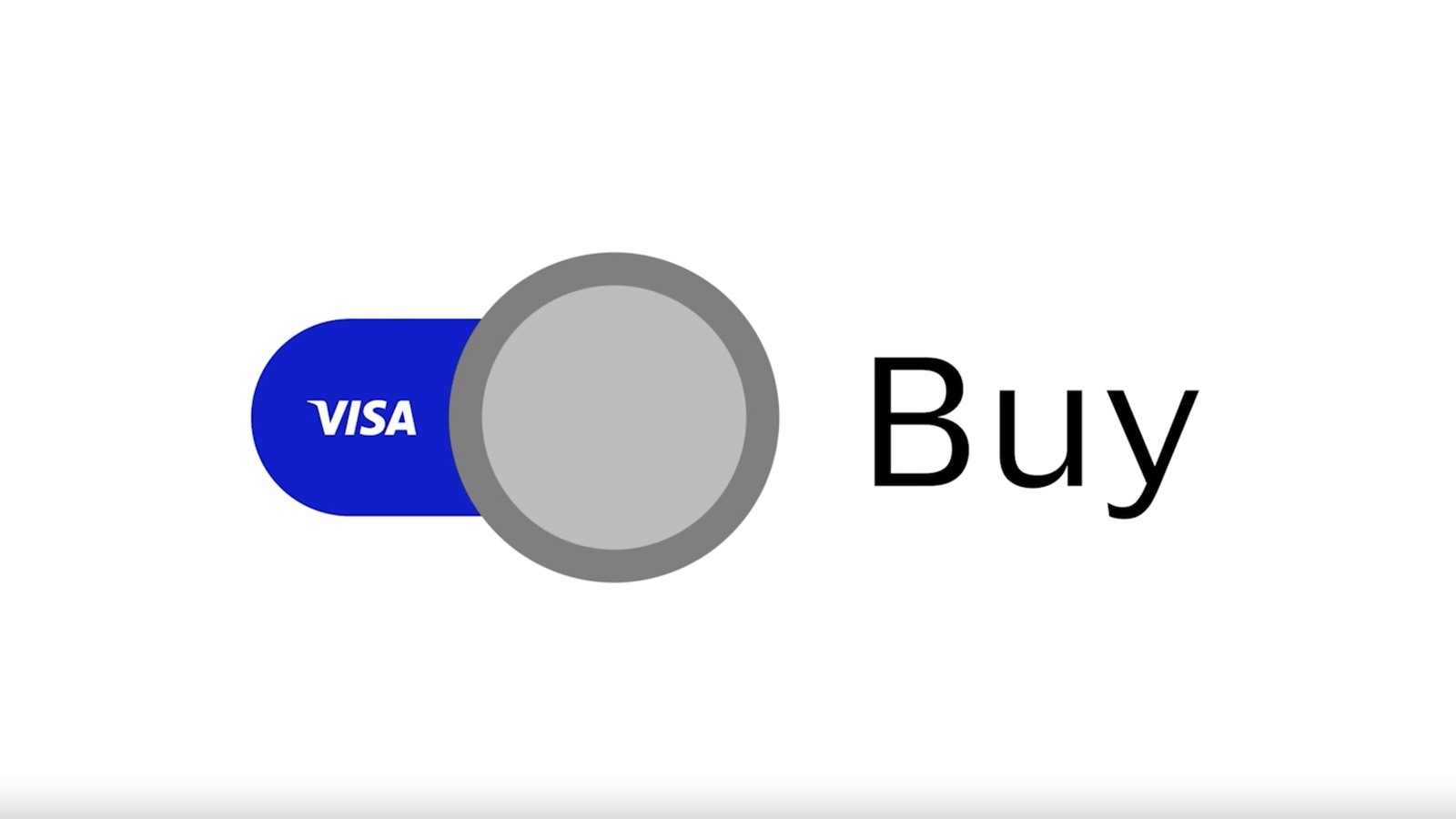
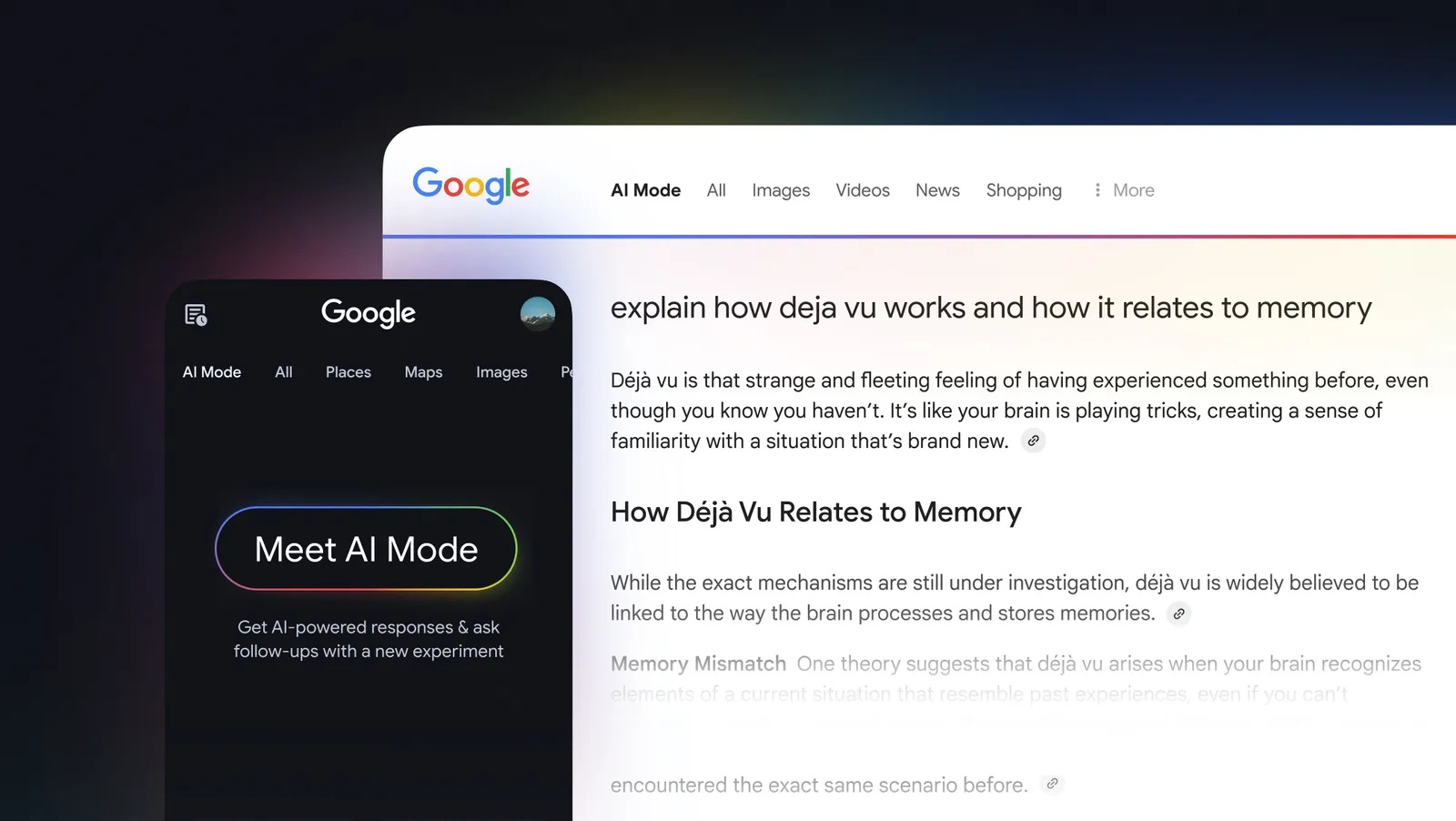

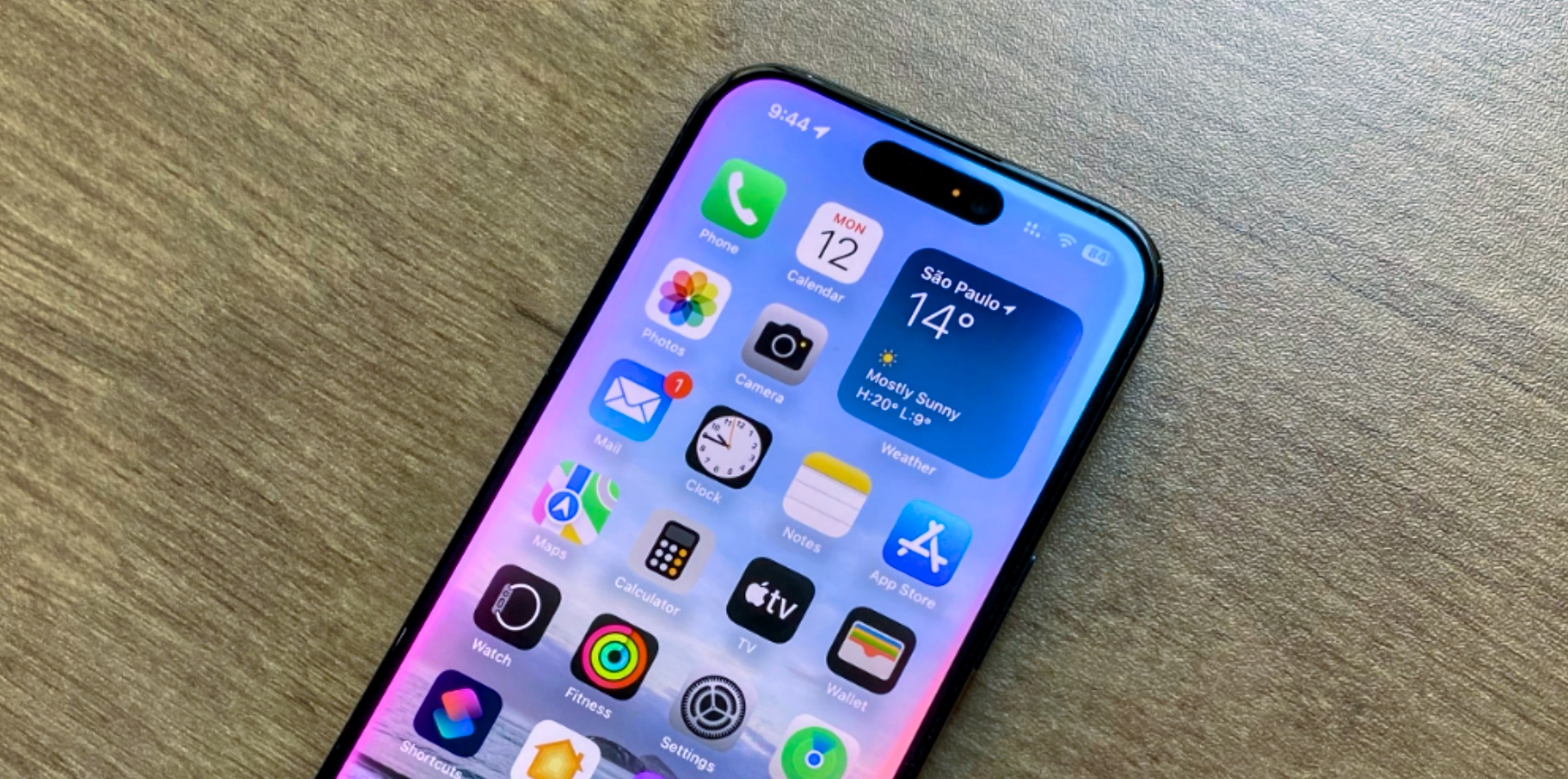
















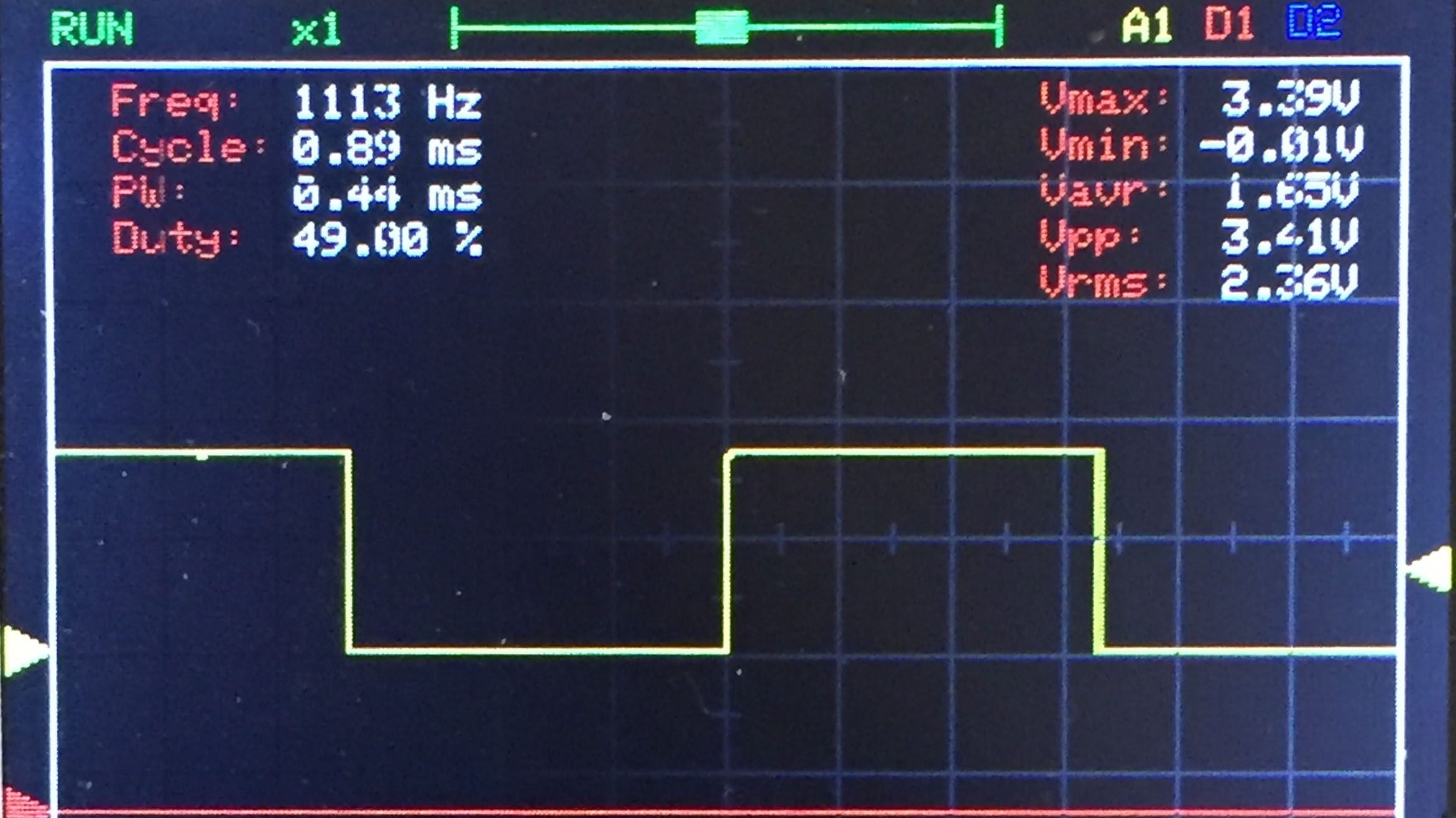















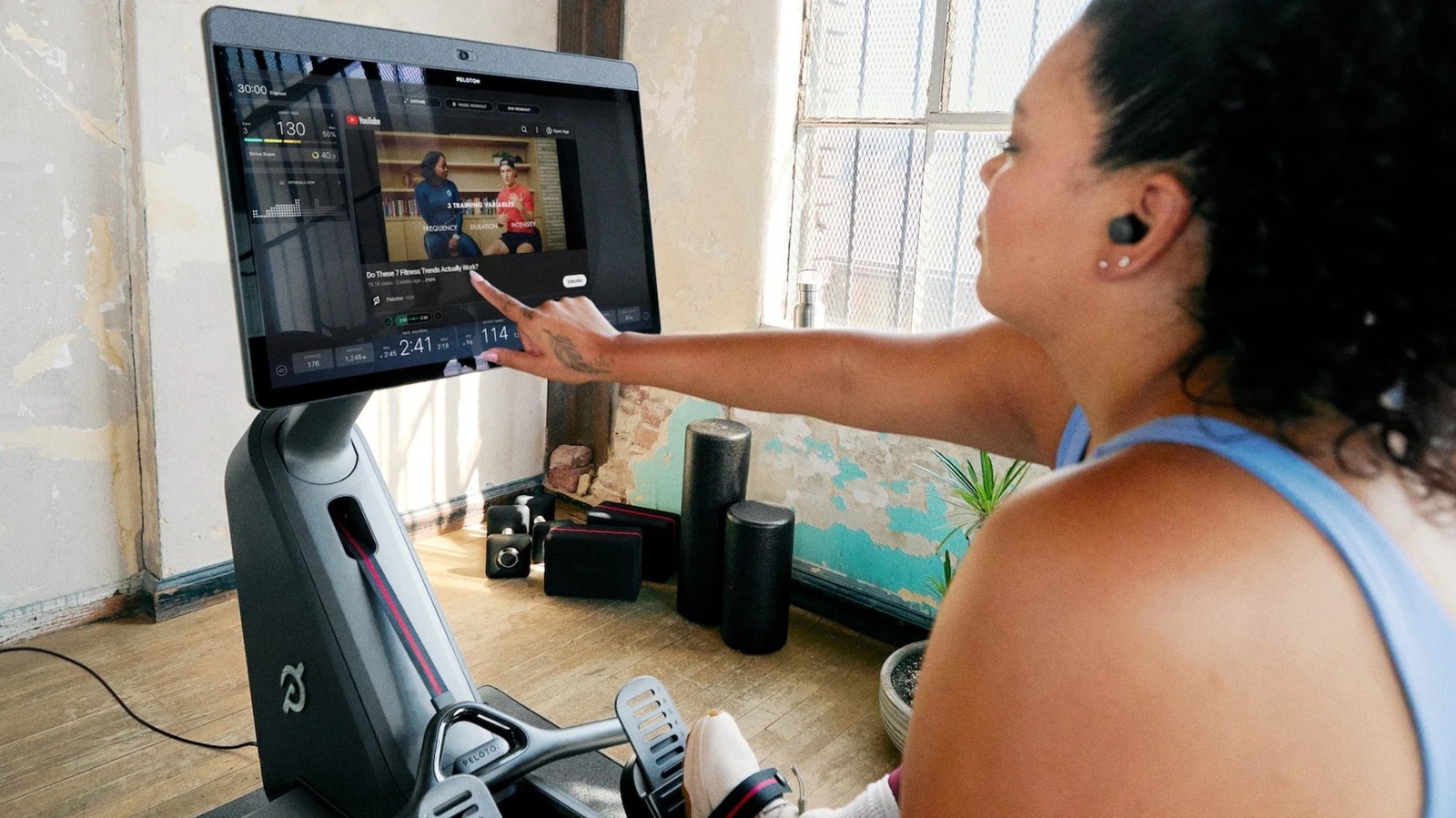

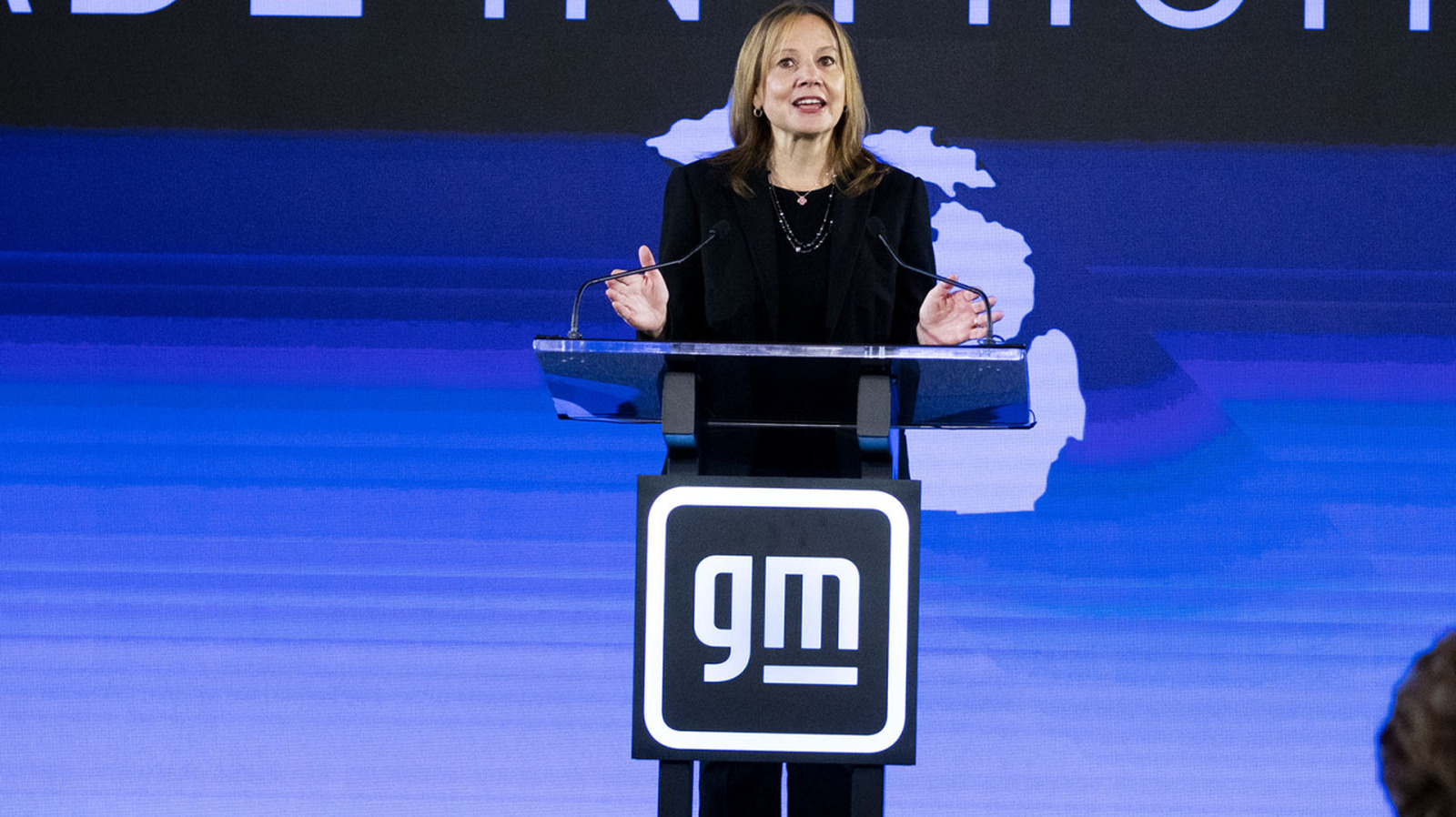



































_Andreas_Prott_Alamy.jpg?width=1280&auto=webp&quality=80&disable=upscale#)






















































































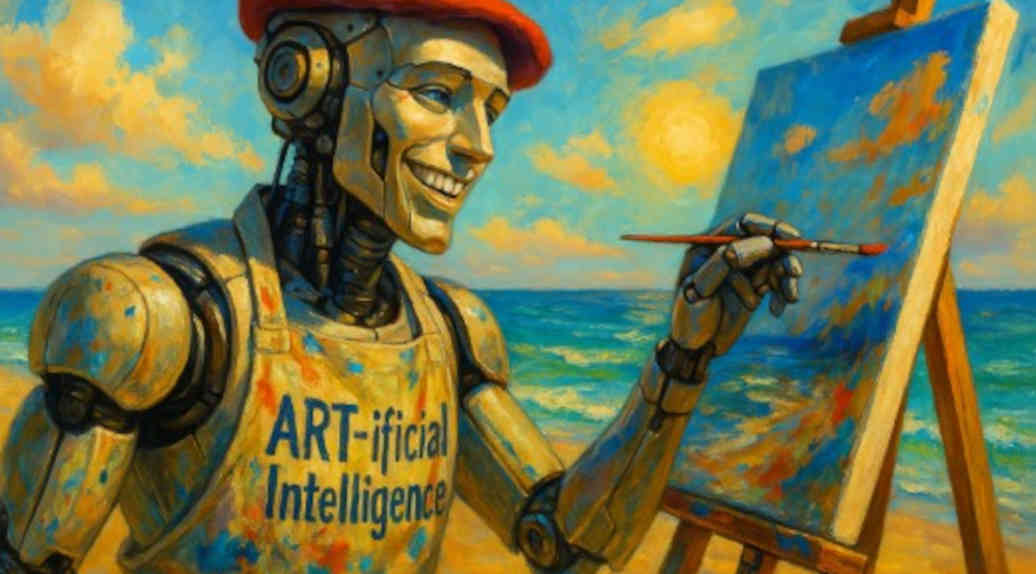






































![[The AI Show Episode 145]: OpenAI Releases o3 and o4-mini, AI Is Causing “Quiet Layoffs,” Executive Order on Youth AI Education & GPT-4o’s Controversial Update](https://www.marketingaiinstitute.com/hubfs/ep%20145%20cover.png)



















































































































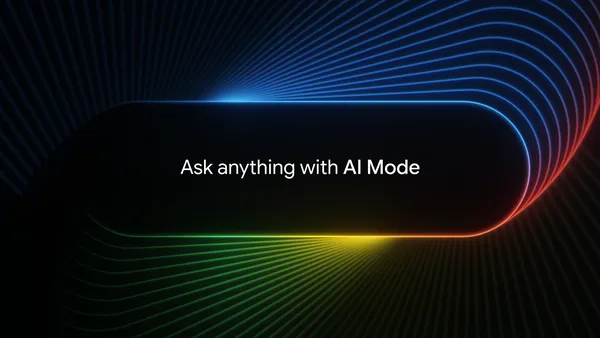















































![[DEALS] Mail Backup X Individual Edition: Lifetime Subscription (72% off) & Other Deals Up To 98% Off – Offers End Soon!](https://www.javacodegeeks.com/wp-content/uploads/2012/12/jcg-logo.jpg)
















































































